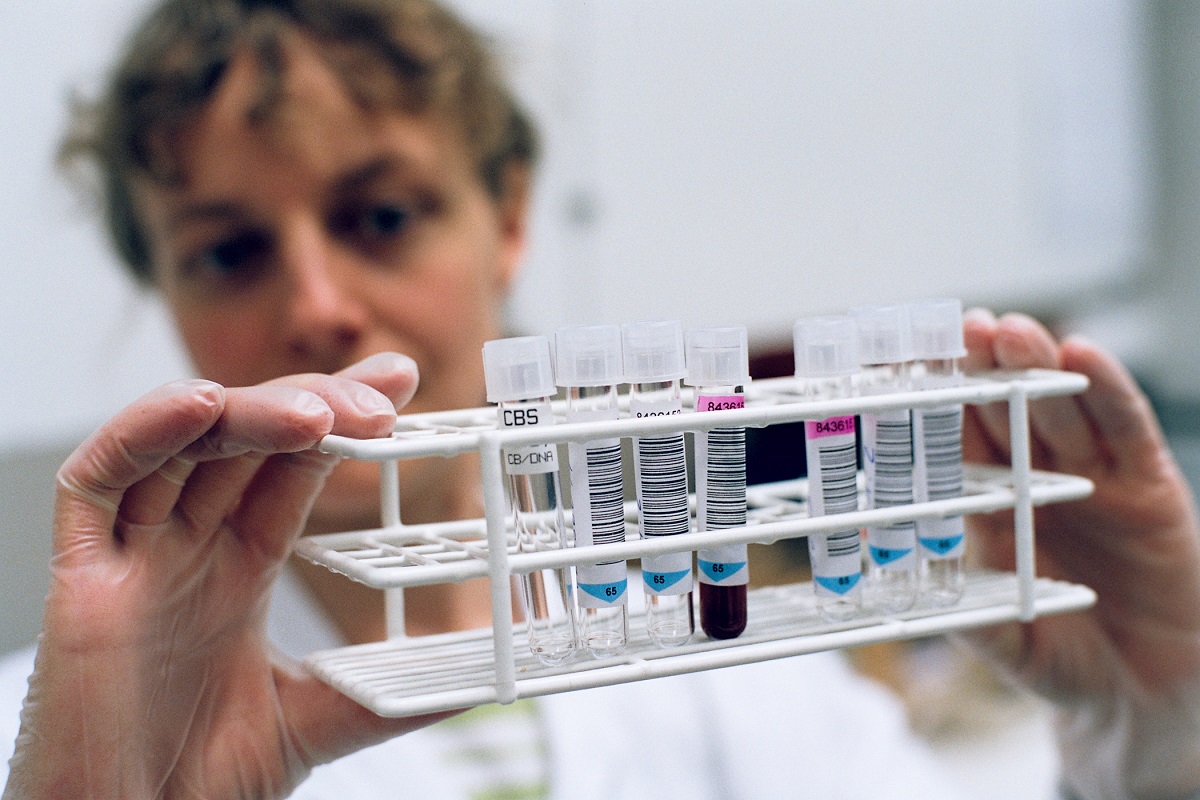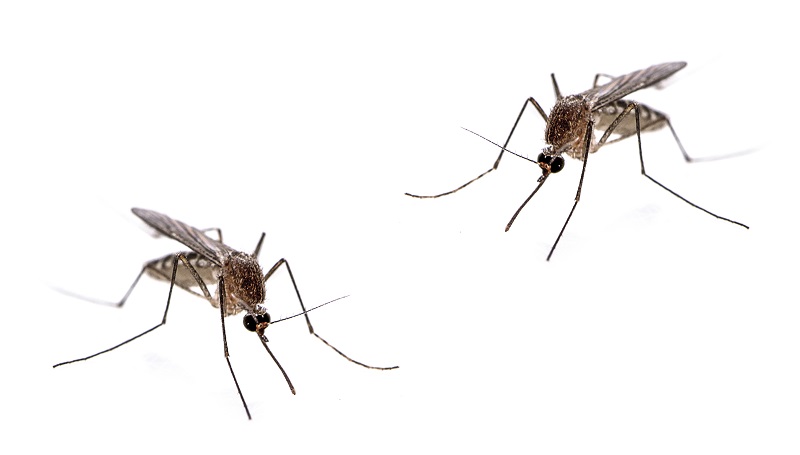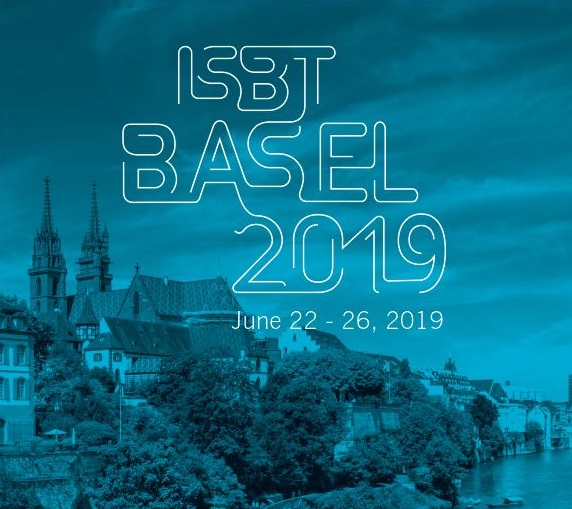Comprehensive monitoring
2019 was the first full year in which all blood products were tested for hepatitis E. The West Nile virus continues to be the chief focus among tropical pathogens.
Swiss Transfusion SRC aspires to the highest possible standards of protection ensuring the safety of donors and patients. This primarily involves the close monitoring of tropical pathogens and the use of highly sensitive tests to screen all blood donated in Switzerland.
In 2019, 1 unit of HIV-positive blood was detected and destroyed in time (2018: 3). This figure had ranged between 2 and 6 over the previous ten years. A total of 11 donations infected with hepatitis C were detected and destroyed, which is on a par with past years. Only 6 infected units were found in 2018 but this appears to have been only a temporary dip. In the case of hepatitis B, a total of 30 infected donations were detected and destroyed in 2019 (2018: 34).

Large number of HEV-positive donations
Testing of all blood products in Switzerland for the hepatitis E virus (HEV) was introduced with effect from 1 October 2018 with the aim of protecting vulnerable patients. This group consists primarily of people receiving therapies designed to suppress unwanted immune responses, to whom the hepatitis E virus poses a particular risk.
HEV was detected in a total of 74 donations in 2019; 14 were detected in the final quarter of 2018. The Federal Office of Public Health (FOPH) introduced a mandatory reporting requirement for cases of HEV infection in 2018. In 2019, the FOPH recorded a total of 107 HEV cases, including those of the 74 blood donors whose blood tested positive for the infection. In early 2022, Swiss Transfusion SRC will undertake an analysis to contextualise and assess these results. The three-years’ worth of data then available should be enough to permit robust conclusions.
Hepatitis C positive blood units detected in time
First-time donorsRegular donors
Hepatitis B positive blood units detected in time
First-time donorsRegular donors
HIV-positive blood units detected in time
First-time donorsRegular donors
HEV-positive blood units detected in time
First-time donorsRegular donors
European cooperation
In the framework of its monitoring of blood-borne diseases, Swiss Transfusion SRC exchanges information with the Emerging Infectious Disease Monitor working group of the European Blood Alliance (EBA). It also uses input from other international and national sources. From April to November, Swiss Transfusion SRC monitors the spread of the West Nile, dengue, Zika und chikungunya viruses, reassessing the status of each on a weekly basis. It defines risk areas and adopts safety measures as necessary. For instance, people who have spent time in a risk area cannot donate blood for a certain amount of time after their return. Normally, the wait period is one month.

West Nile virus in Northern Europe
Once again, there were numerous cases of the West Nile virus reported in Europe in 2019; the virus is transmitted by the tiger mosquito. Germany was among the countries reporting their first cases in 2019, with multiple regions affected, including Berlin. So far, there is no evidence for a locally acquired infection with the West Nile virus in either human beings or animals in Switzerland. Should it become necessary, all donated blood could be tested for the West Nile virus within a very short period.
Nine auotchthonous cases of dengue were reported in France in 2019; one such case was reported in Spain. A case of infection with the Zika virus was confirmed in France in 2019, the first report of this virus in Europe. There has been no report of the chikungunya virus in Europe since the 2017 outbreak in Italy.
Global exchange
In June 2019, Swiss Transfusion SRC hosted the Congress of the International Society of Blood Transfusion (ISBT) in Basel, reporting a record-breaking attendance. ISBT members include specialists in transfusion medicine, haemapheresis and immunohaematology from over a hundred countries. Almost 3000 experts exchanged information on the latest developments in their fields at the congress.
Swiss Transfusion SRC also had the opportunity to contribute its expertise to the World Health Organization (WHO) in 2019, collaborating on the multistage revision of the guidelines for blood donor selection.

